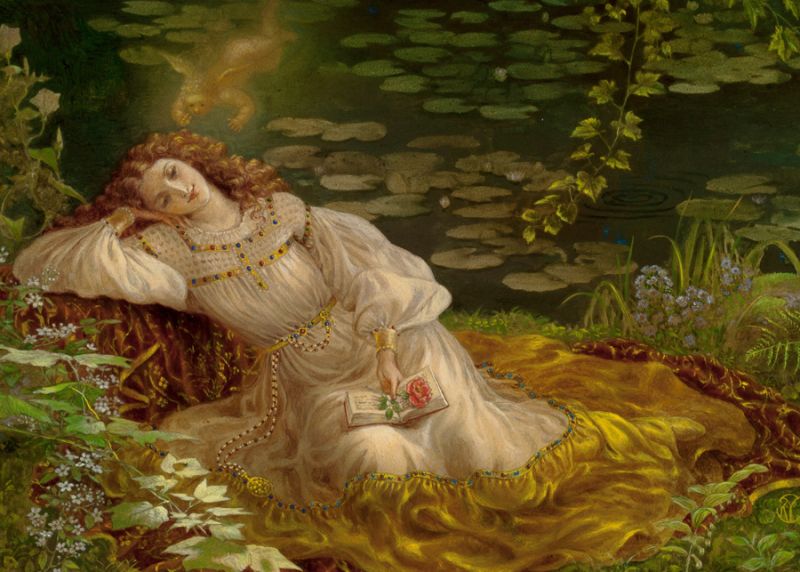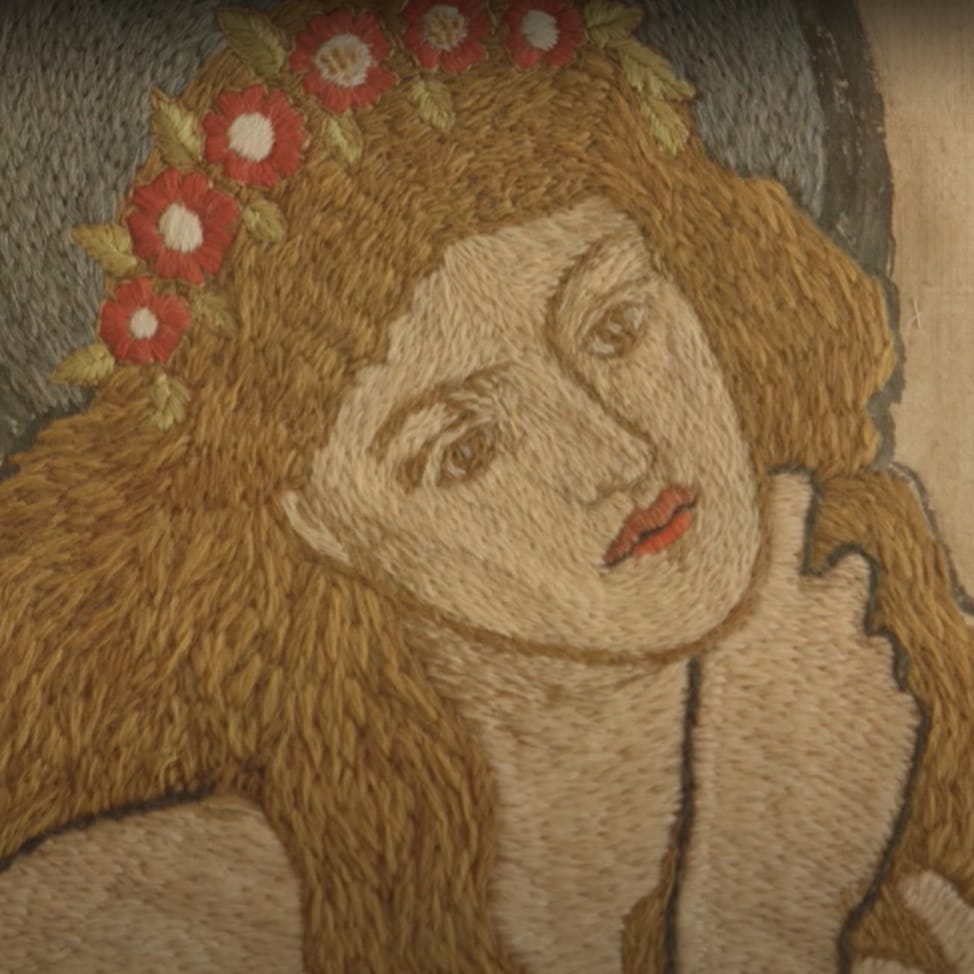meditation 86

When at first –
due to
(a) an incapacity to perceive an object
[as in blindness] . . .
one does not perceive the object
or (b) due to a lack of knowledge,
or capacity to grasp a fine point of knowledge,
[as when reading a book] . . .
one does not comprehend a point of knowledge –
and (c) mental commotion arises . . .
As the mental commotion fades,
Divine Awareness dawns.
Notes:

This is Verse 112.
Rather than the Lakshmanjoo and Panditji translation (below), I much prefer Lakshmanjoo's commentary in The Manual of Self Realization as well as Singh's translation and commentary in The Yoga of Delight, Wonder, and Astonishment.
So, for this verse, I have quilted together a rendering heavily reliant on Singh, Muju, Lakshmanjoo, and Hughes.
I strongly recommend reading Verses 11 – 17 of The Manual of Self Realization and also The Yoga of Delight, Wonder, and Astonishment, where Lakshmanjoo offers an insight foundational to what knowledge the essence of the scripture's knowledge is and is not.

Below, I paraphrase one of Swamiji's comments:
If you want to assimilate some point in some book but cannot understand it, just roam in that ether of ignorance. You can't understand it. There is no understanding in you. That understanding power is gone. . . .
So, just go on in that curiosity only. Just meditate on that curiosity in which you are floating without understanding anything. Then your mind will not function.
The power to know it, but not knowing it, the power to assimilate that but not assimilating it: that is shakti.
And as that shakti diverts into the internal vacuum of God consciousness, and you will get entry into God consciousness.
This is another way to get inside consciousness.
Swamiji's words describe a state of unknowing. In the beginning of the scripture, the Goddess either feigns or actually finds herself within that state.
Some scholars have written the scripture may have been written by a woman.
Does scripture imply the writer's feelings about gender relations at the time of the writing?
Furthermore, Swaji's commentary, in addressing the physical and mental aspects of not knowing, includes the example of blindness.
The Vedic Rishi Dirghtamas, though blind, is considered to be one of the most profound of the Vedic Seers and also renowned for the riddles and paradoxes in his espressions. Such riddles tend to bring about the same sort of mental impasse this verse (No. 112) focuses on.
There are 112 dhāraṇās in the scripture. Does this Verse 112 offer a shortcut to the goal of them all? Does it get to the very essence of the scripture, of all of the 112 dhāraṇās, while leaving mentation aside?
In his Manual for Self-Realization, Swamiji warns that Divine Awareness is not an object of perception that can be grasped by the mind: it is the Knower.
He thus avoids selling water by the river.
Swamiji and Panditji's original reads as follows:
Verse 112
When at first you do not feel inclined towards any object, even it be present, due to lack of knowledge, or capacity; or absence of thought, and then the sensual excitement arises; watch the end of agitation. There is Ecstasy.